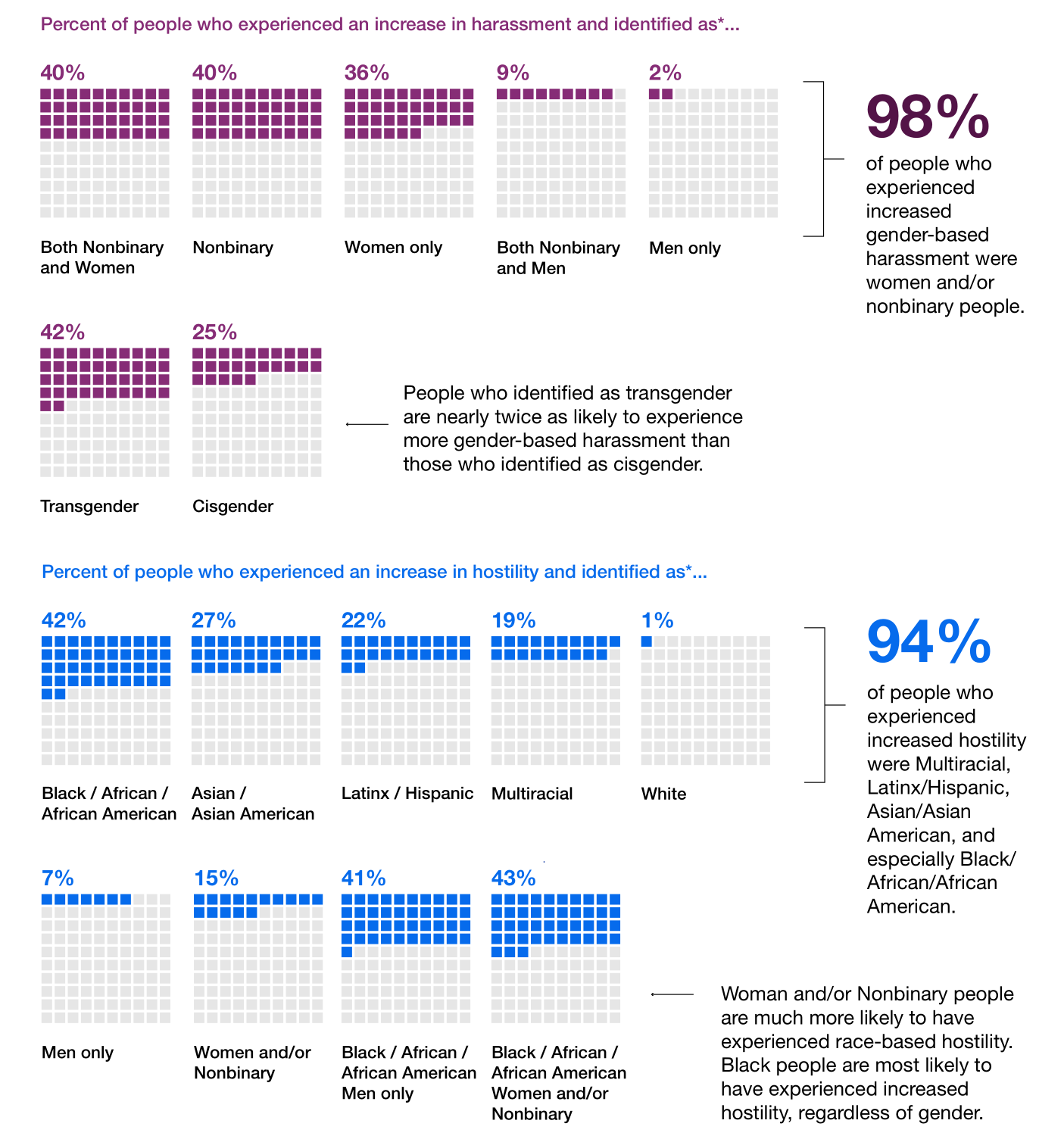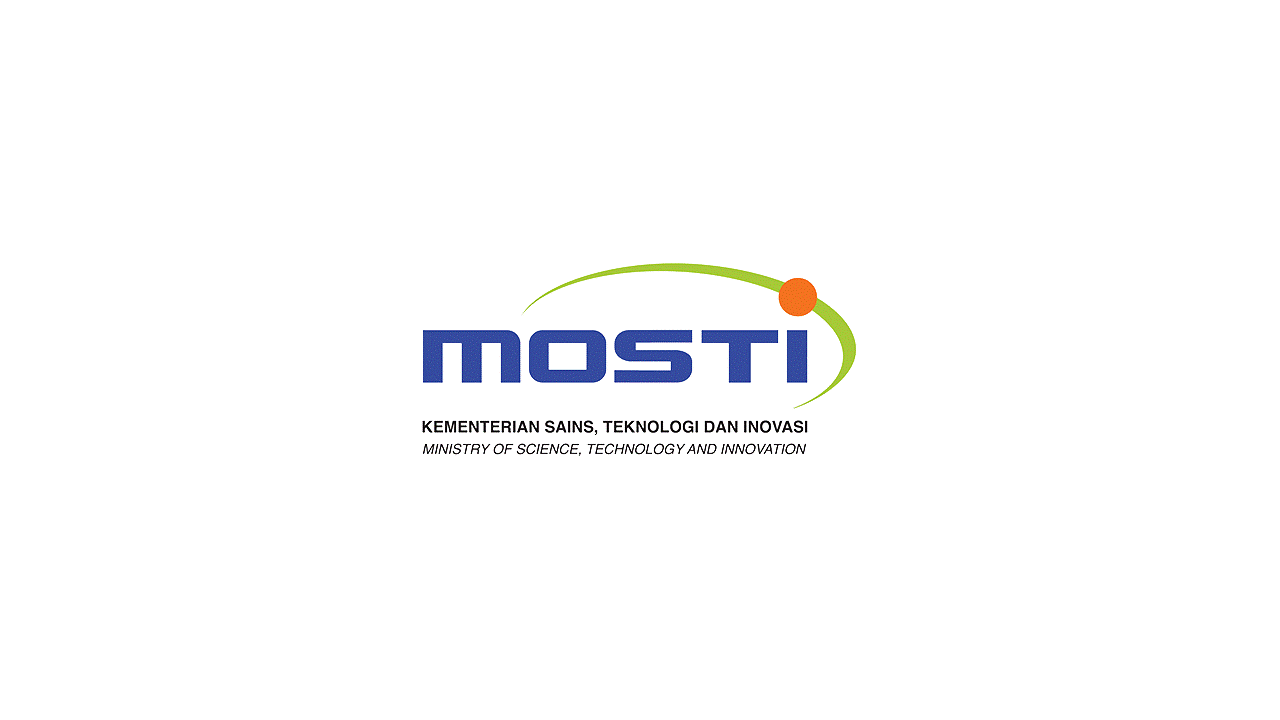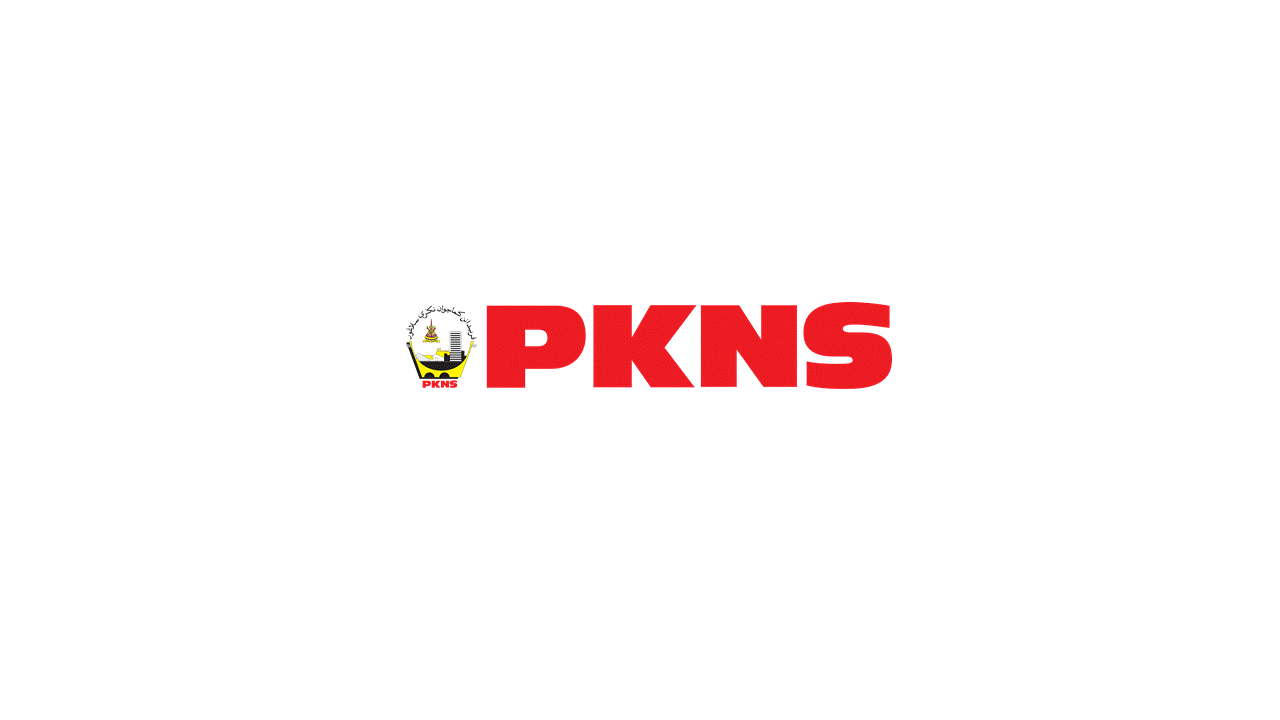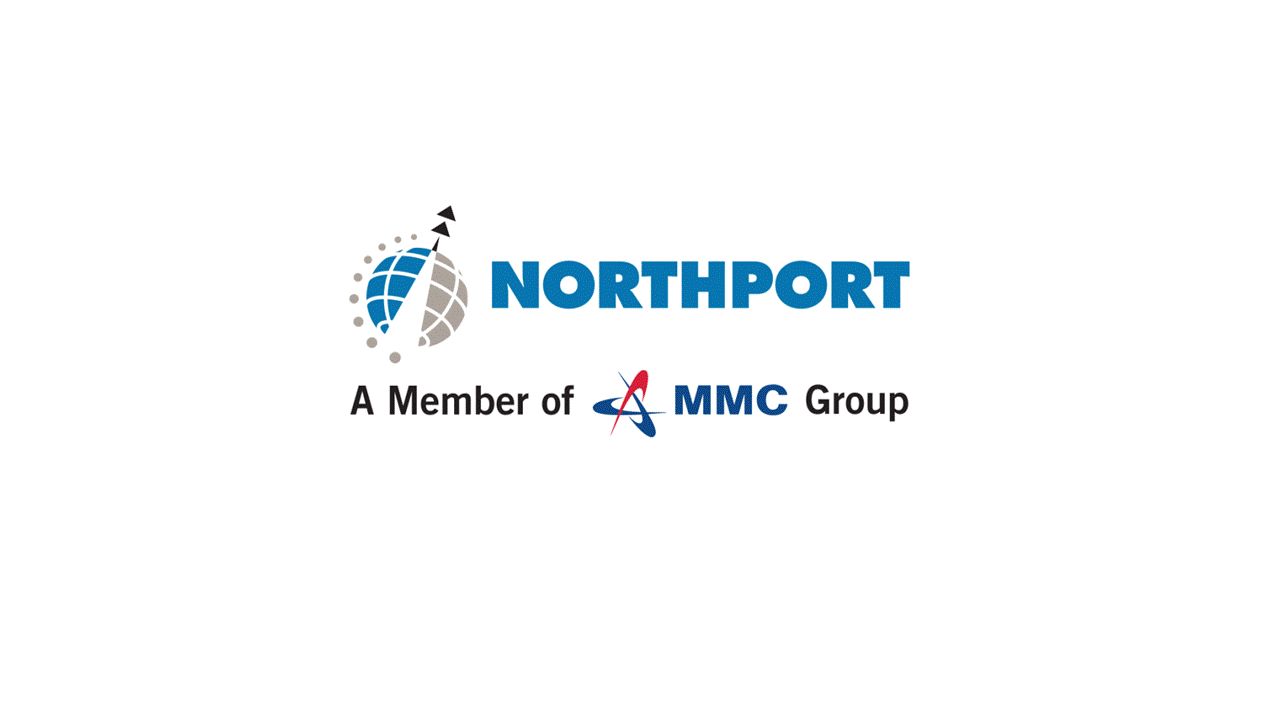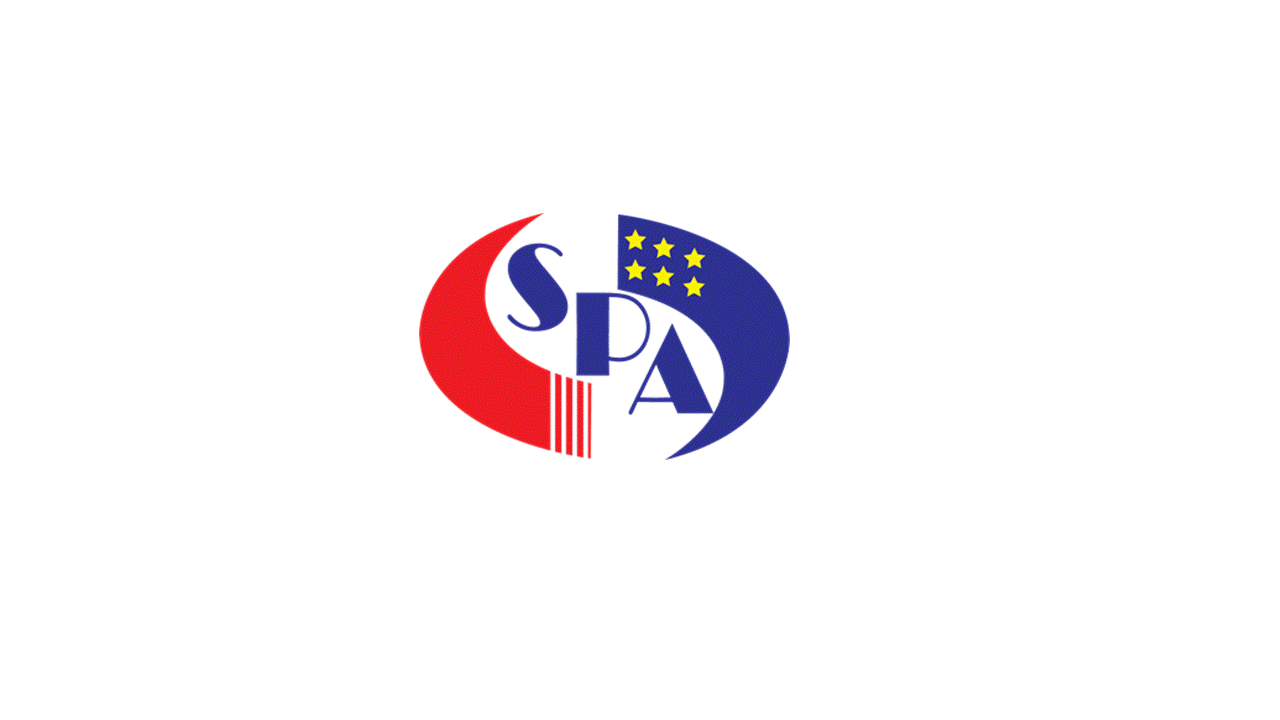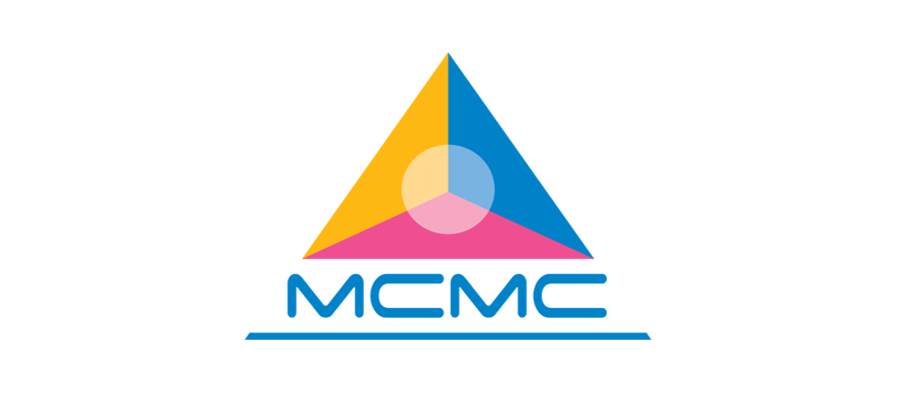News: PingPong is a video chat app for product teams working across multiple time zones
From the earliest days of the pandemic, it was no secret that video chat was about to become a very hot space. Over the past several months investors have bankrolled a handful of video startups with specific niches, ranging from always-on office surveillance to platforms that encouraged plenty of mini calls to avoid the need
From the earliest days of the pandemic, it was no secret that video chat was about to become a very hot space.
Over the past several months investors have bankrolled a handful of video startups with specific niches, ranging from always-on office surveillance to platforms that encouraged plenty of mini calls to avoid the need for more lengthy team-wide meetings. As the pandemic wanes and plenty of startups begin to look towards hybrid office models, there are others who have decided to lean into embracing a fully remote workforce, a strategy that may require new tools.
PingPong, a recent launch from Y Combinator’s latest batch, is building an asynchronous video chat app for the workplace. We selected PingPong as one of our favorite startups that debuted last week.
The company’s central sell is that for remote teams, there needs to be a better alternative to Slack or email for catching up with co-workers across time zones. While Zoom calls might be able to convey a company’s culture better than a post in a company-wide Slack channel, for fully remote teams operating on different continents, scheduling a company-wide meeting is often a non-starter.
PingPong is selling its service as an addendum to Slack that helps remote product teams collaborate and convey what they’re working on. Users can capture a short video of themselves and share their screen in lieu of a standup presentation and then they can get caught up on each other’s progress on their own time. PingPong’s hope is that users find more value in brainstorming, conducting design reviews, reporting bugs and more inside while using asynchronous video than they would with text.
“We have a lot to do before we can replace Slack, so right now we kind of emphasize playing nice with Slack,” PingPong CEO Jeff Whitlock tells TechCrunch. “Our longer term vision is that what young people are doing in their consumer lives, they bring into the enterprise when they graduate into the workforce. You and I were using Instant Messenger all the time in the early 2000s and then we got to the workplace, that was the opportunity for Slack… We believe in the next five or so years, something that’s a richer, more asynchronous video-based Slack alternative will have a lot more interest.”
Building a chat app specifically designed for remote product teams operating in multiple time zones is a tight niche for now, but Whitlock believes that this will become a more common problem as companies embrace the benefits of remote teams post-pandemic. PingPong costs $100 per user per year.


